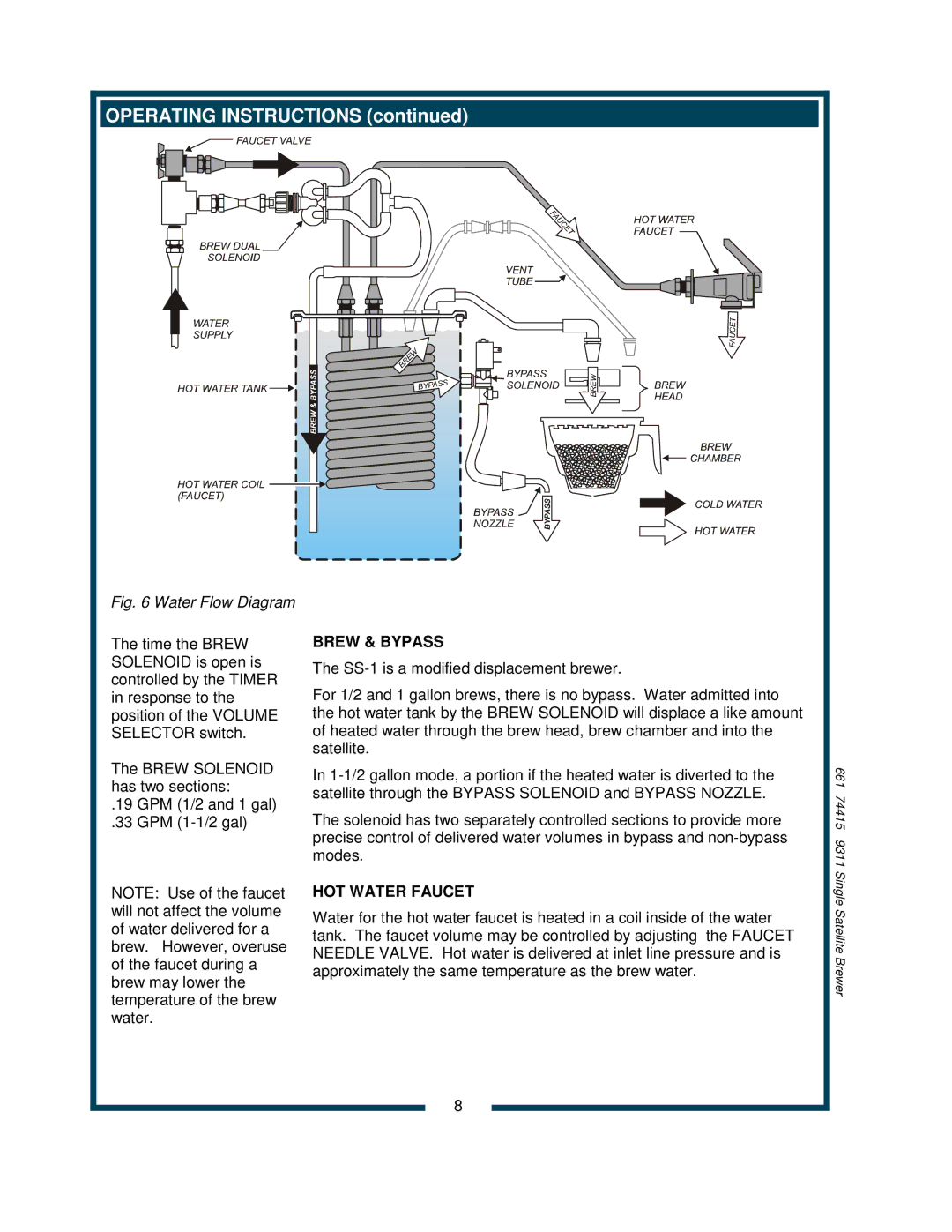9311 specifications
Bloomfield 9311 is a cutting-edge agricultural tool designed to elevate efficiency and productivity in modern farming practices. This innovative machine is engineered to cater to a variety of agricultural needs, focusing on precision farming, sustainability, and versatility.One of the standout features of the Bloomfield 9311 is its advanced precision agriculture capabilities. Equipped with state-of-the-art GPS technology, this machine allows for precise field mapping, enabling farmers to identify optimal planting, irrigation, and harvesting strategies. This level of precision not only maximizes yield but also minimizes unnecessary resource use, contributing to sustainable farming practices.
The Bloomfield 9311 is powered by a robust, fuel-efficient engine that ensures reliability and performance in the field. This engine technology is coupled with an advanced transmission system that enhances speed and control, making it suitable for various terrains and crop types. The machine is designed to handle changes in field conditions seamlessly, ensuring that farmers can operate efficiently regardless of weather or soil variability.
An essential characteristic of the Bloomfield 9311 is its modular design, allowing for easy customization and upgradeability. Farmers can equip the machine with different attachments based on their specific operational needs, whether it’s plowing, seeding, or harvesting. This flexibility means that the investment in the Bloomfield 9311 can adapt to changing agricultural practices or crop types over time.
In terms of technology, the Bloomfield 9311 integrates data analytics tools that provide real-time feedback and insights. This feature allows farmers to monitor the machine's performance and track field conditions, leading to informed decision-making. Additionally, the machine is designed to be user-friendly, with intuitive controls and an ergonomic cab that enhances operator comfort and productivity.
Moreover, Bloomfield's commitment to environmental sustainability is reflected in the design of the 9311. With reduced emissions and enhanced fuel efficiency, the machine aligns with the growing emphasis on eco-friendly farming solutions. By investing in the Bloomfield 9311, farmers not only benefit from improved operational efficiency but also contribute to a more sustainable agricultural future.
In conclusion, the Bloomfield 9311 stands out as a revolutionary tool in the agricultural sector. With its precision farming capabilities, adaptable design, advanced engineering, and commitment to sustainability, it is poised to become a staple in modern farming operations, empowering farmers to meet the demands of an ever-changing agricultural landscape.

